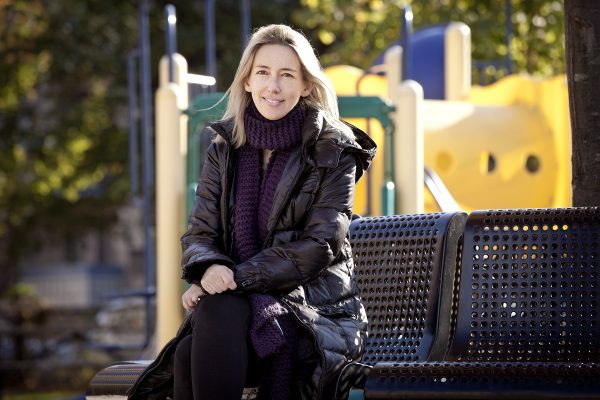In the context of the Days of Action Against Racism, we spoke with Leslie Touré Kapo, professor of urban studies and head of La R.U.E. Lab—Recherche Urbaine Engagée (Engaging Urban Research), and with the lab’s members.
Spotlight on the important work done at the laboratory and the impacts of the research conducted there on the fight against racism.

Lab’s members* : Liza Bouchebbah, Désirée Deneo, Caroline Flory-Célini and Kelia Islas—doctoral candidates in urban studies—Djazia Bousnina, a master’s student, Géry Deffontaines, an undergraduate research intern, Dimitri M’Bama, a postdoctoral fellow and Leslie Touré Kapo.
* Two members, Postdoctoral fellow Pierre Tircher and urban studies doctoral candidate Freddy Tsopfack Fofack, were unable to attend.
What led you to found R.U.E. Lab?
La R.U.E. Lab was born of a need, an emergency, a desire to think and do things differently. Leslie Touré Kapo created the outline, looking at how race, class, gender and sexualities shape life trajectories, producing the city and its margins deep inside working-class and multicultural neighbourhoods. Sure, it’s about rethinking the city, but by looking at its forgotten interstices. We’re looking to catch people’s eye, sneak up on structures and frameworks, calling on feminist studies, Black studies, epistemologies of the South, and both decolonial and postcolonial thinking as keys for opening up other possibles.
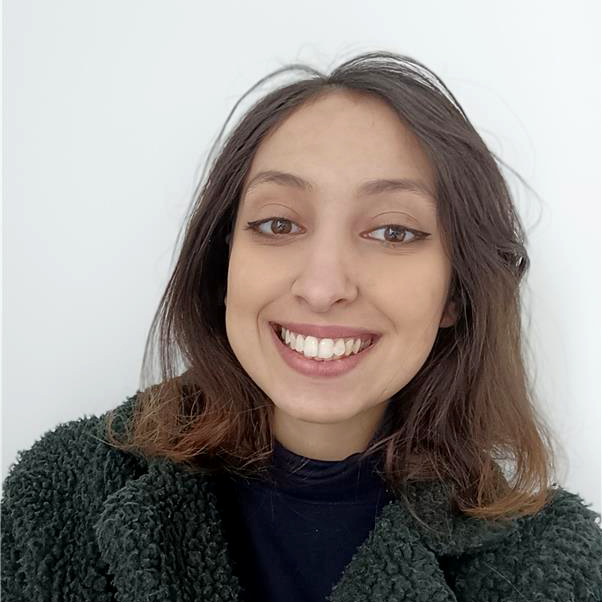
Liza Bouchebbah, dreamed the Lab as crossroads, a place of encounter and ferment, where ideas would circulate, feed off each other and rise in solidarity and commitment.

Dimitri M’Bama sees the Lab as a force, a refuge and academic heterotopia. No need to justify, explain or defend your stance vis-à-vis institutions permeated with whiteness. Minority and peripheral issues become majority and central. We are the majority. We think freely. We build together. That’s what La R.U.E. Lab is—a thought that breathes, a community on the march, a space that stands up.
What are Lab members’ research themes?
Research at La R.U.E. Lab weaves a dense and colourful web. At the crossroads of bodies, streets and memories, members investigate justice, equity, power dynamics, the imaginary and what the urban means.
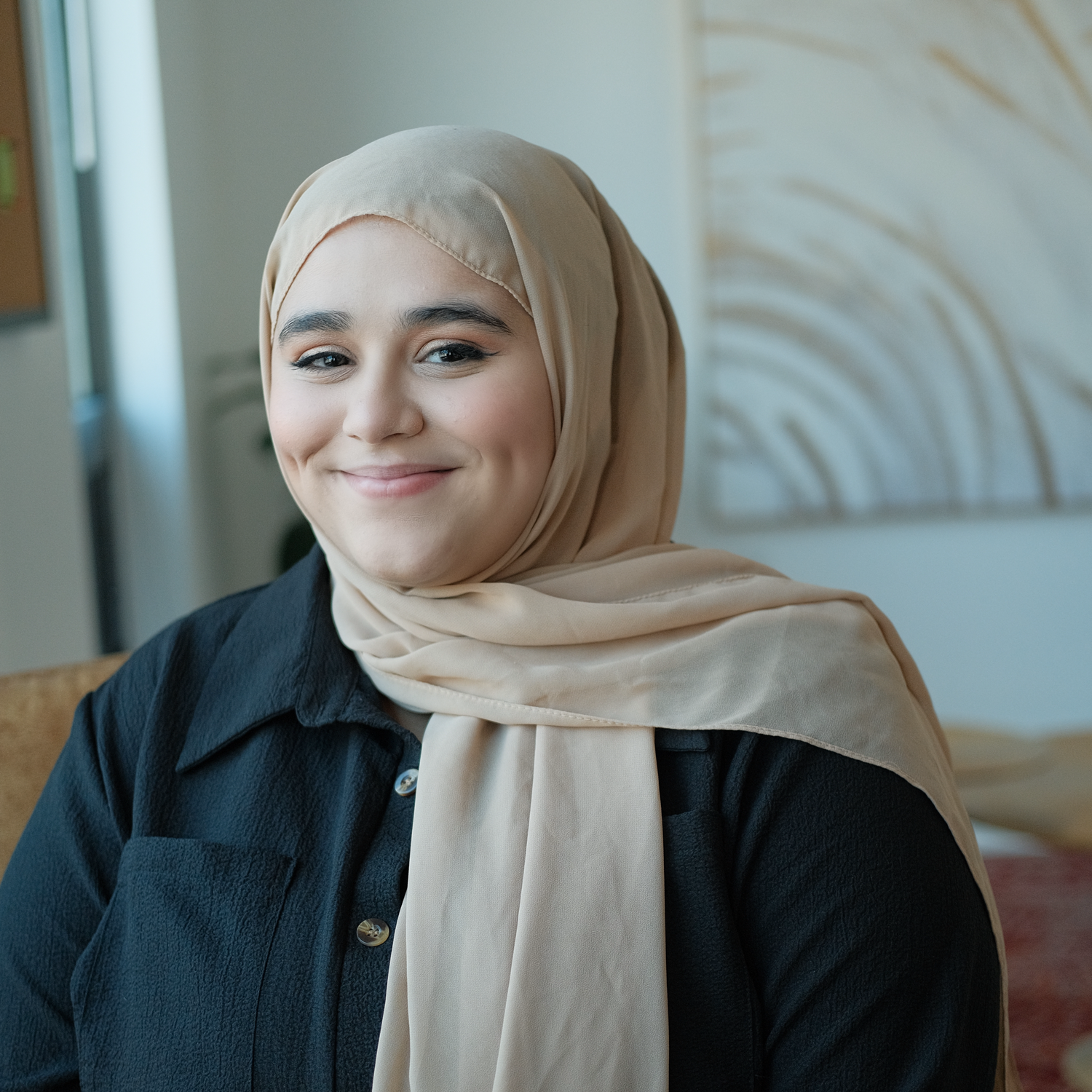
Djazia Bousnina captures the voices of Maghreb youth in Montréal, their wanderings and fixed points—how they inhabit a city that questions them even as they shape it.

Géry Deffontaines explores the links between crime and urban transformation. He traces white-collar crime and greenwashing in textual form, the dynamics shaping the environment in the shadow of skyscrapers, and highlights the limits of our dominant conception of crime. His review of the literature exposes the conventions of delinquency with their tendency to stigmatize racialized youth even as they exclude other forms of corruption, largely committed with impunity.
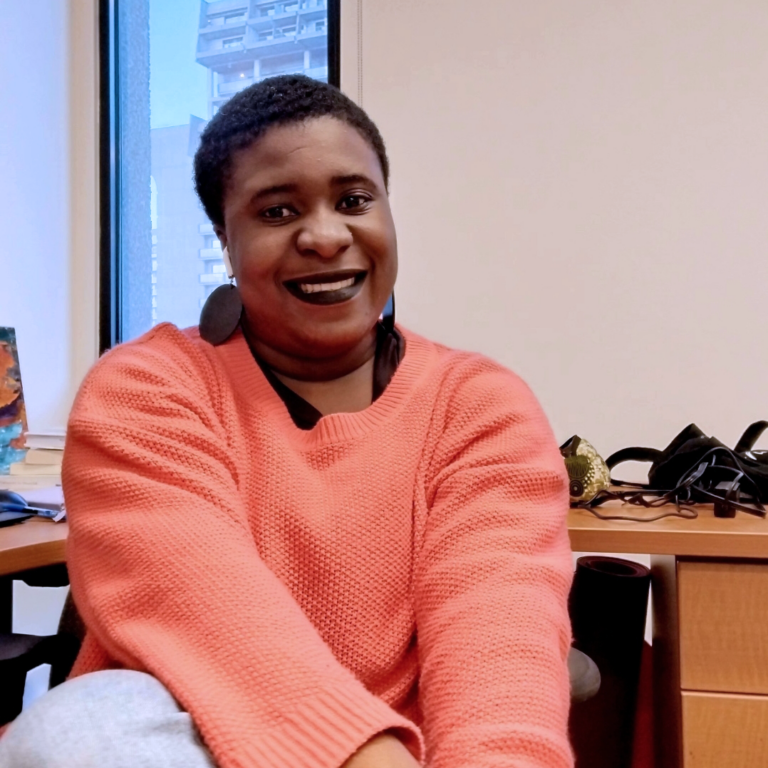
Désirée Deneo focuses on the margins, more precisely on women who live in the border towns of western Côte d’Ivoire. She also follows in the wake of ideas—those of masculinist discourses that travel between Europe, West Africa and North America.

Liza Bouchebbah plumbs history and its echoes, drawing parallels between two satellite cities (Reims in France and Sherbrooke in Canada) where class, gender and race are constantly redrawing the boundaries of inclusion as defined by the institutions in place and shaped by the varied logic of power that outlines its contours and sets its limits.
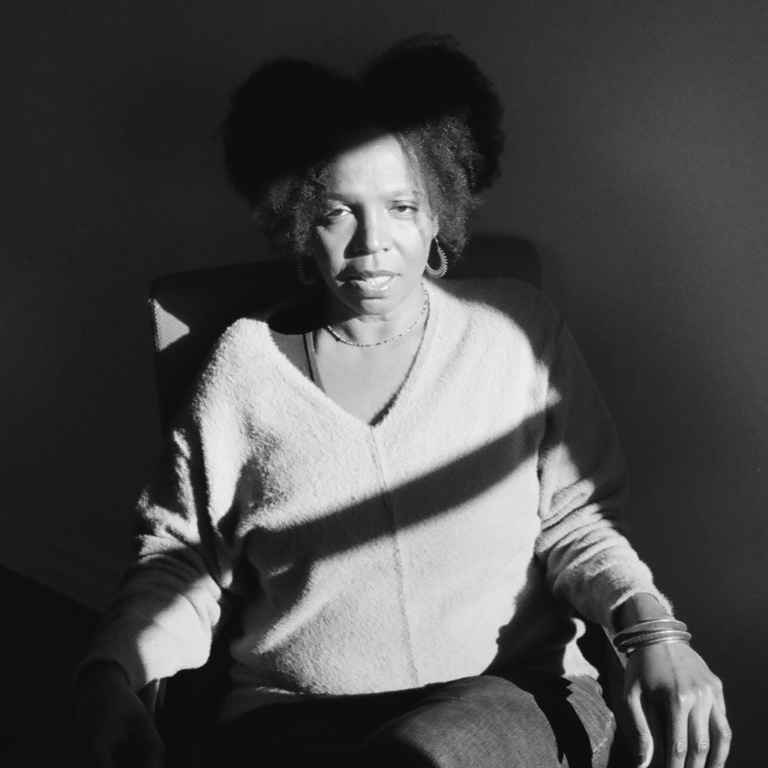
Caroline Flory-Célini, a member of the Lab, sows her research in the soils of the city. She looks at the ways people of African descent are reinventing farming in the city and rooting their stories in the urban.
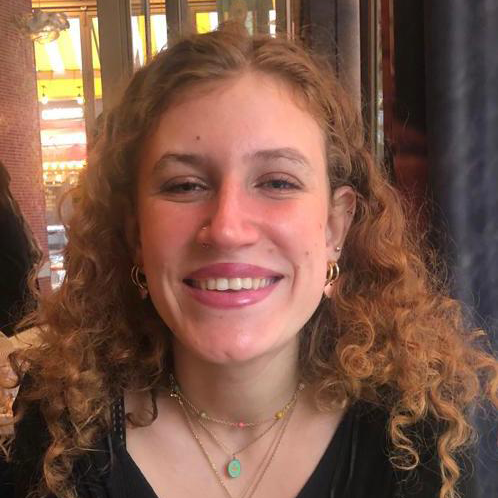
Kelia Islas tracks the body in motion, that invisible dance in which racialized young people transform the city into scenes of resistance through aesthetic performances. Their presence is a language, a gauntlet thrown down to exclusion.

Dimitri M’Bama shines a light into the dark corners of decolonial ascesis—that will to restrain needs, disorderly conduct, rioting and revolutionary violence. He looks at the way such practices have been thought out and implemented in the United States and Africa across temporal and geographical differences.
What are the impacts of your projects on society? How do they contribute to the fight against racism?
La R.U.E. Lab members’ research overturns dominant narratives of the city, the urban, and their racialized and marginalized populations. It deconstructs the received ideas behind common views and urban policy.
Crime is all too often associated with street gangs, poor neighbourhoods, and racialized bodies. And yet other research reveals other forms of violence, more subtle yet no less devastating—racism, stigmatization, white-collar crime, greenwashing by economic elites—often invisible but deeply anchored in the cogs and gears of the city, with very real consequences. Likewise, the dominant discourse portrays racialized youth as apolitical, unengaged, and removed from urban struggles. La R.U.E. Lab research tells another story—of their agency and ability to resist, to protest, to make demands, and to transform the city through ordinary, everyday acts.
Concretely, these projects are rooted in engagement and action, as in its joint work with Conseil du système alimentaire de Montréal (Montréal Food System) to include people of African descent in urban farming. The project will make recommendations to the City on making a fairer, more inclusive food system. The project assessment of Afro-Québécois.e.s : Aujourd’hui et demain with Centre Social d’aide aux immigrants made it possible to track project activities in four Montréal neighbourhoods between 2022 and 2024 on valuing the life paths of the young people of the African-Montréal community and the heritage of Québec’s communities of African descent. In the Côte-des-Neiges neighbourhood, La R.U.E. Lab is putting on narrative mapping workshops together with Philoboxe, a community organization that had the idea of combining boxing with philosophical discussions to keep neighbourhood youth off the streets at night, while opening up to physical activity and sports along with emancipatory discussions. It will serve to document and analyze the spatiality of racialized youth of Côte-des-Neiges. By exploring these dynamics and giving voice to those who suffer from marginalization, La R.U.E. Lab research doesn’t just analyze the world, it changes it.
What motivates the members of the Lab in their choice of research themes?
The members of the Lab don’t choose their themes by chance.
Their research is an extension of their own stories, commitments, struggles, and the inner fire that refuses to be hidden.

Djazia is of Algerian origin and has lived in Montréal for 14 years. She grapples with the stigmatizing media representations that fix young Maghrebis through reductive narratives. Her research provides a counter-narrative, a way of revealing what escapes mainstream discourse while opening up a space where these young people can finally talk about themselves differently.

DDésirée, a feminist activist and co-founder of the Ivorian League for Women’s Rights, makes her engagement a lever in academia. Being at the university is in itself an act of resistance, a slap in the face to the exclusion of black women in the academic world.1 It is a response to the glaring absence of Black female role models in the social sciences—disciplines that for far too long have tended to exotize them. But her work goes further: not content just to talk about women, she deconstructs the Western prism through which African cities are understood, opening up urban studies to other narratives and epistemologies.
At La R.U.E. Lab, research is not just an intellectual exercise. It is an act, a demand, and an action that follows along invisibilized paths and amplifies voices too often suppressed in the city, in urban studies, and in the heart of the university.


